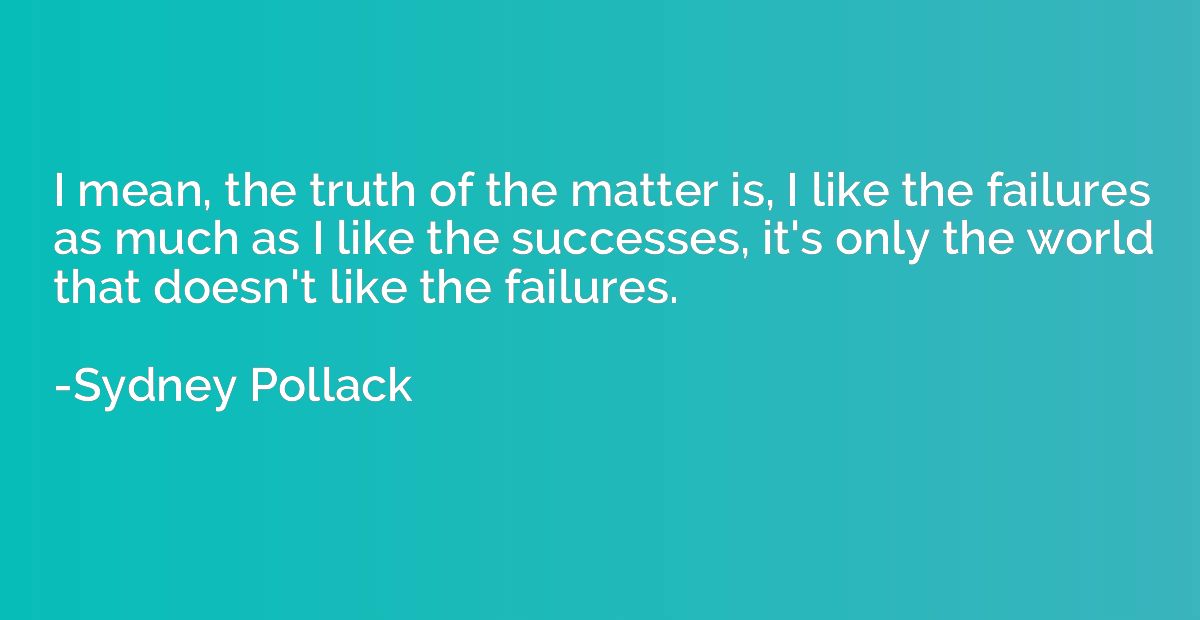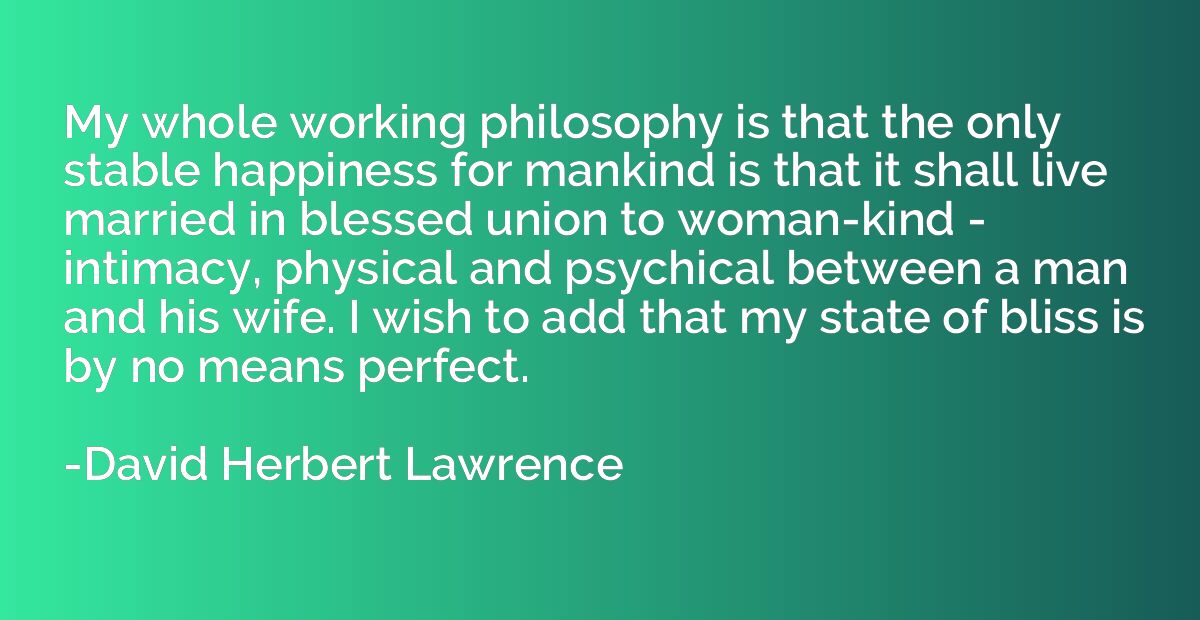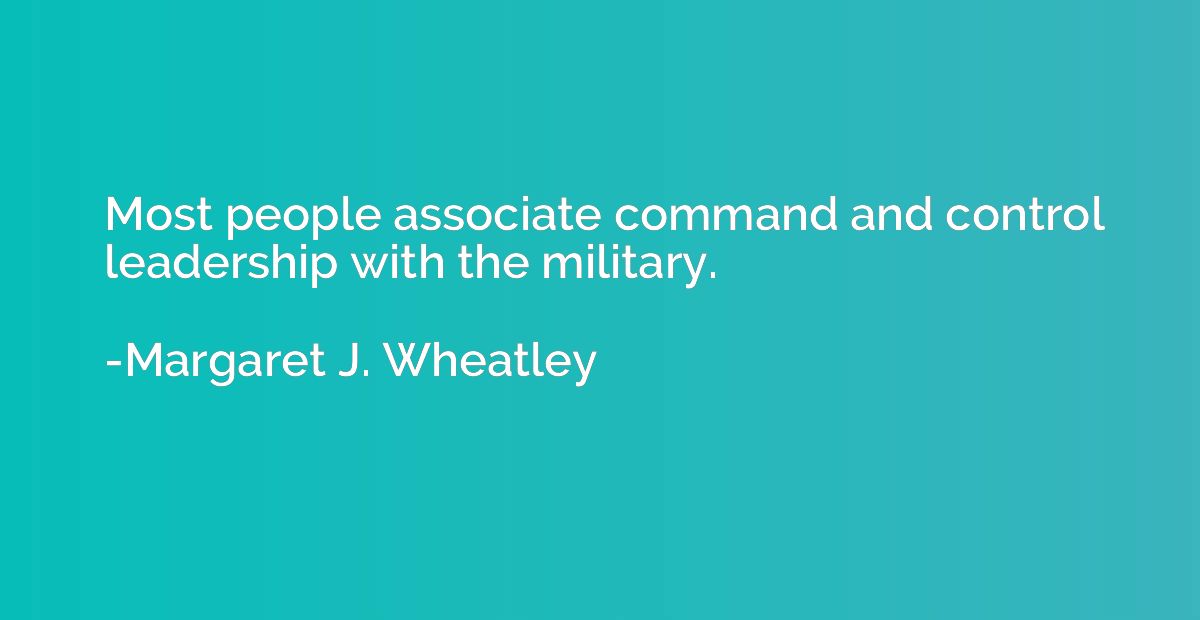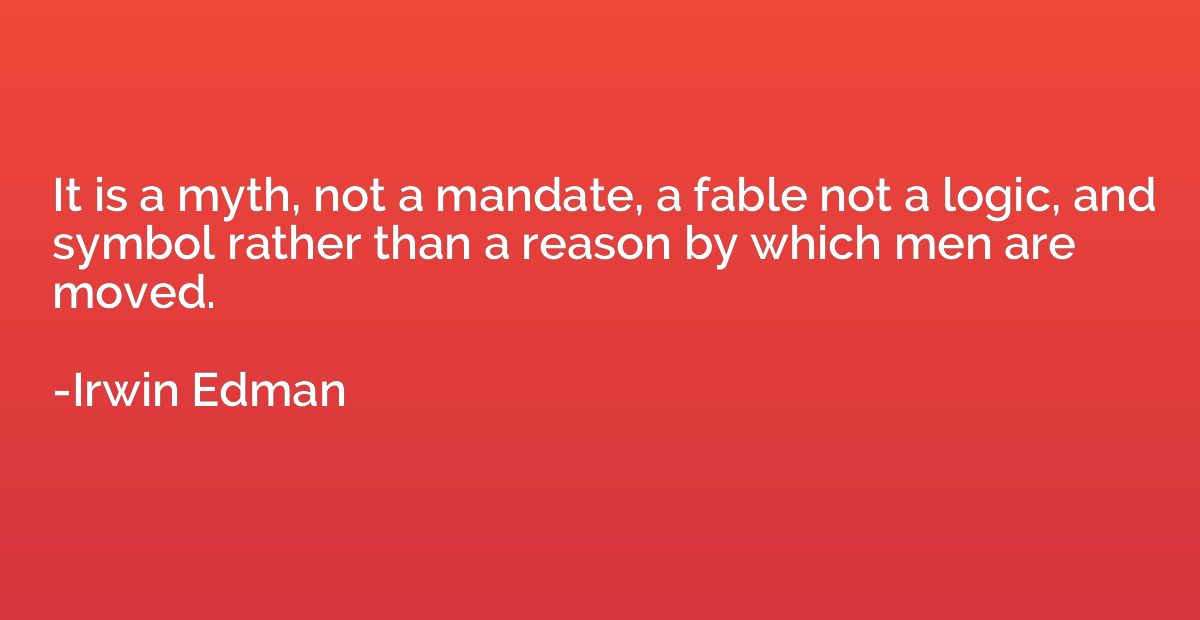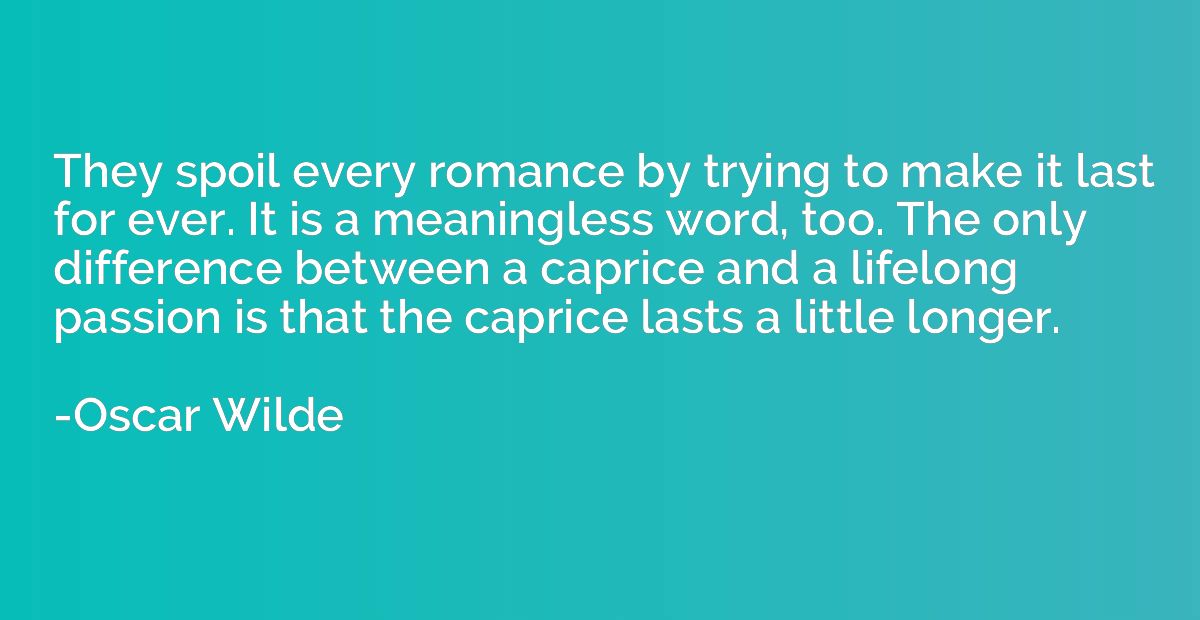Summary
This quote highlights the value of taking chances and embracing opportunities in life. It implies that it is better to have experienced something and possibly regret it later, rather than living with the constant wondering and regret of having missed out on chances and possibilities. It encourages a mindset of being proactive, willing to take risks, and seizing opportunities as they come. Ultimately, it advocates for a life lived fully, even if that means facing potential regret.
Topics
Wisdom
By Lucille Ball




